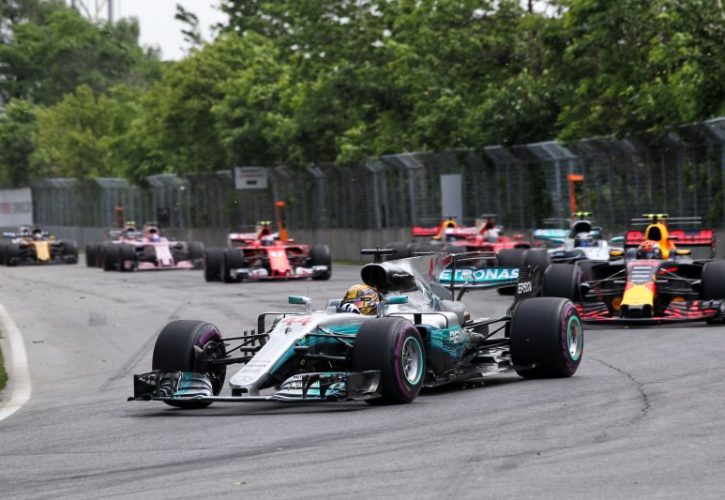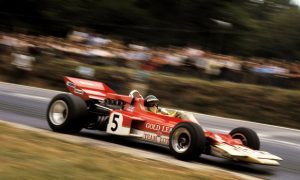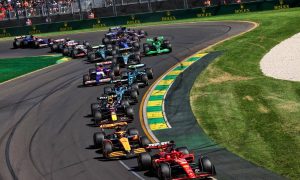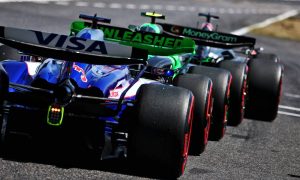
Formula 1's future regulations will seek to safe-guard the sport against "predictability" by focusing on three specific performance differentiators, says think-tank member Pat Symonds.
F1 sporting manager Ross Brawn put together a team of specialists last year to research and devise Grand Prix racing's future rules from 2021.
While Brawn and his team continue to work towards the release of the framework and guidelines which will serve as F1's future foundation, Symonds offered a glimpse of the group's thinking and the path it is currently following to make F1 great again.
"F1 technical regulations are split into 21 sections," explains Symonds.
"As we go through those sections, we can see some of them aren't very relevant to the spectacle. So we decided that what we wanted to do was technically, we wanted to have three performance differentiators.
"Those would be aerodynamics -- it is interesting to a lot of people and no one could write rules that didn't make it a performance differentiator so we might as well expect it and make it one of the things that matters.
"Equally, the power unit. For manufacturers involved in F1, it's important to them. It interesting to fans so let's make it a performance differential," adds the former Renault and Williams tech boss.
"Finally is suspension - and by that I mean the way we treat the tyres, the way the teams use the tyres. Those are the three technical differentiators that we want to see."
Symonds underlines predictability as a main factor of erosion of fans' interest. But injecting uncertainty into the sport implies a level playing field, something that will only be achieved by reducing costs.
"Costs are making it difficult for those further down the field to make an impression on the leaders," says Symonds.
"We want to get rid of predictability. Over the last couple of decades, the worst times in racing have been when the result has been predictable.
"We had a little bit of it with the Mercedes domination. At least for a couple of years we didn't know which driver might have won.
"We want to look at the spectacle, we want visual appeal, we want to recognise the role of the driver. We need to look at the problem of the live audience and the TV audience as they have different requirements.
"And we have to look at the race week experience. It's no longer good enough to think about just what happens on Sunday."
Gallery: The beautiful wives and girlfriends of F1 drivers
Keep up to date with all the F1 news via Facebook and Twitter






